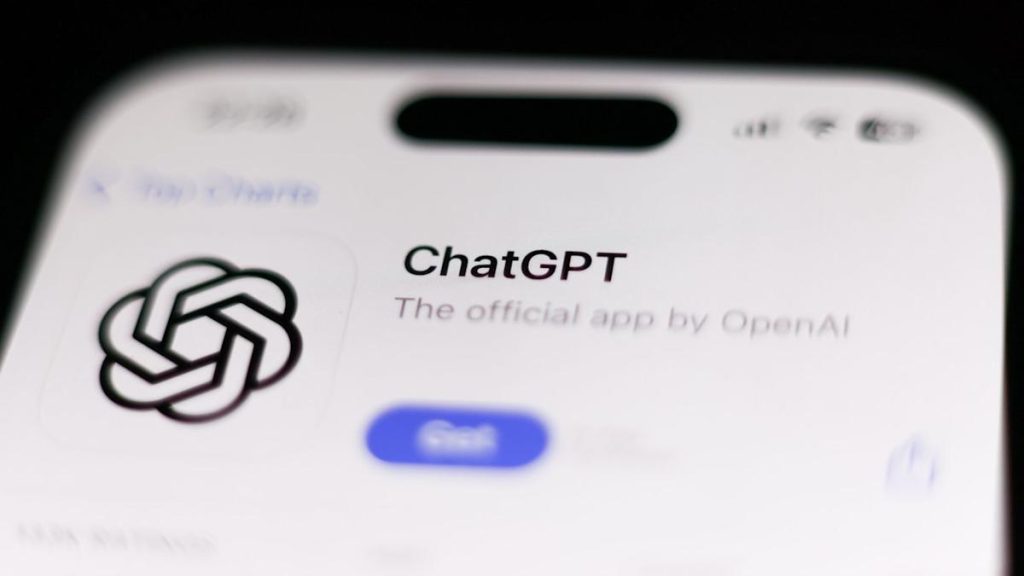ChatGPT is the most popular AI chatbot in the world. At the end of July, its weekly active users made up nearly 10% of the world’s adult population, a report found.
OpenAI’s economic research team — the chatbot’s owner — with a Harvard economist released Monday a National Bureau of Economic Research working paper diving into who is making up those 700 million accounts and how they’re using the chatbot.
The study analyzed 1.5 million internal conversations with ChatGPT from consumer plans. According to the report, the reviewed messages were not seen by humans and were only reviewed by an LLM.
More than half of weekly active ChatGPT users reportedly had “typically female first names” by June 2025. When ChatGPT was first released about 80% of users had “typically masculine first names.”
“This suggests that gender gaps in ChatGPT usage have closed substantially over time,” the report said.
However, the study noted that names not in the datasets used as reference for the LLMs or that were flagged as “ambiguous” were marked as “unknown” and excluded from the report.
The study also found that ChatGPT users are skewing younger. Based on users who reported their age, nearly half of the messages reviewed were sent by adults aged 18 to 25.
Highly educated users in professional occupations were found to be more likely to use ChatGPT for work. More than 46% of users with a college degree use ChatGPT for work compared to 37% of those without a college degree. The study found that people in highly paid, technical roles are more likely to use ChatGPT for work, especially those in computer-related jobs.
ChatGPT is growing quickly in low- and middle-income countries, too. The study found that by May of this year, the chatbot was adopted in the “lowest income countries” at four times the rate of the “highest income countries.”
Although questions to ChatGPT regarding work and pleasure have been increasing, about 70% of questions were found to be non-work related.
When using the chatbot, about 77% of conversation topics revolve around practical guidance, writing, and seeking information.
The study defines practical guidance as how-to advice, teaching, creative ideation, and more. Writing includes editing, translation, and summary generation, among others. And seeking information includes asking for specific information and recipes, among others. Users that ask ChatGPT for technical help — which includes calculations, data analysis, and computer programming — dropped from 12% in July 2024 to about 5% in July 2025.
Story Continues

